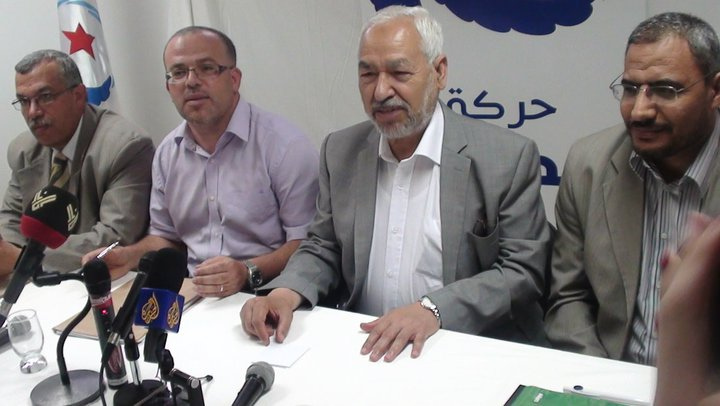There are many changes within the different states in Northern Africa, with increased attention to the region following the Arab Uprisings in December 2010 in Tunisia, and early 2011 in Egypt, Libya, and Morocco.
South Sudan, the newest world stage, has had a number of domestic and international points of contention since it voted for independence from Northern Sudan in 2011. For example, just recently, the government under Salve Kiir has been in conflict with rebel forces over political control of the staet, as well as influence in oil rich cities and town in Northern South Sudan. All the while, in Northern Sudan, Omar Al Bashir is still wanted for war crimes at the ICC for his actions in the Darfur region of Sudan, where he sent out Janjaweed militia into the region. There are numerous reports of killings done by this group as well as air attacks using airplanes.
In Morocco, King Mohammed VI has been able to maintain enough support to advert an overthrow, thus maintaining political power. Unlike Tunisia, Libya, and Egypt, he did not see the high levels of protest like neighboring regimes, although the February 20th movement in Morocco was well organized, and did draw thousands to demand additional human rights. Furthermore, in the recent parliamentary elections the Islamist Justice and Development Party won the elections, thus controlling the Prime Minister position in the state. However, they are being criticized by many Moroccans, who expected them to challenge the King and the Poivoir.
In Algeria, a history of civil conflict between the Islamists and the government subsided at the end of the 1990s. Bouteflika has maintained political power, using rent resources to shore up support. In fact, he just won another multiyear term earlier this year. However, there is an Islamist movement–the “Green Alliance” that has attempted to challenge Bouteflika for political power.
In Tunisia, following the overthrow of Ben Ali, Ennahda has been able to win the first post uprising elections. However, questions about their ability to solve Tunisia’s economic issues, as well as their capability to control extremist forces in the state led some to wonder about their capacity to govern. And because of the continued pressure by opposition parties, as well as Tunisian citizens, Ennahda stepped down from government. Many have argued that this move may have saved Tunisia from a civil conflict.
In Western Sahara, the Saharawi are still in a territorial dispute with the Moroccan government over Western Sahara. Many have criticized Morocco and its Western allies for ignoring the plight of the Sarahawi people, as well as Morocco’s Berm Wall in Western Sahara. The United Nations has recently attempted to bring the actors to the table to attempt to come to a resolution on the status of Western Sahara.
In Egypt, Muslim Brotherhood supporters are currently in a major conflict with the Egyptian military over the military’s banning of the Muslim Brotherhood. The Muslim Brotherhood won the first elections following the overthrow of Hosni Mubarak. However, after Mohammed Mursi came to power, there were concerns that he was moving away from democratic governance towards an authoritarian regime. Sensing a weakening of power, Military leader Abdel Fattah El-Sisi and his military forces carried out a coup against Morsi and his democratically elected Muslim Brotherhood party. El-Sisi went on to ban the Muslim Brotherhood, and arresting many of its members. Meanwhile, the military cracked down on the pro-Muslim Brotherhood members, killing hundreds.
In Libyan politics, the fall of Gaddafi has led to attempts at establishing a new government for the entire Libya. This has been a challenge, as different groups have local control of various territories. Furthermore, security continues to be a concern, as extremist groups have carried out a number of attacks on domestic and Western represented installations.



